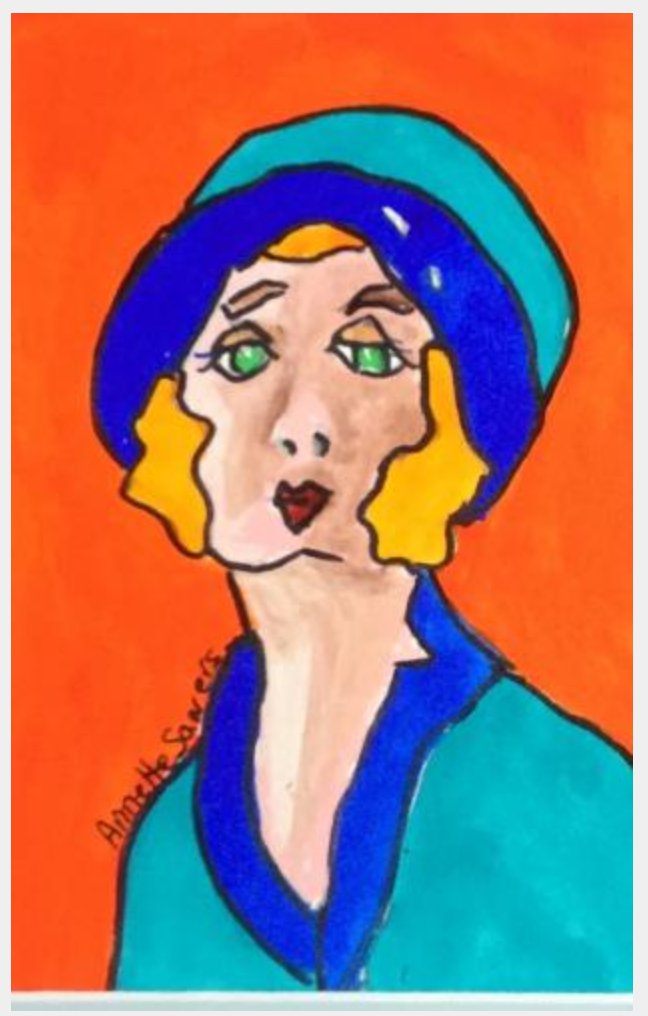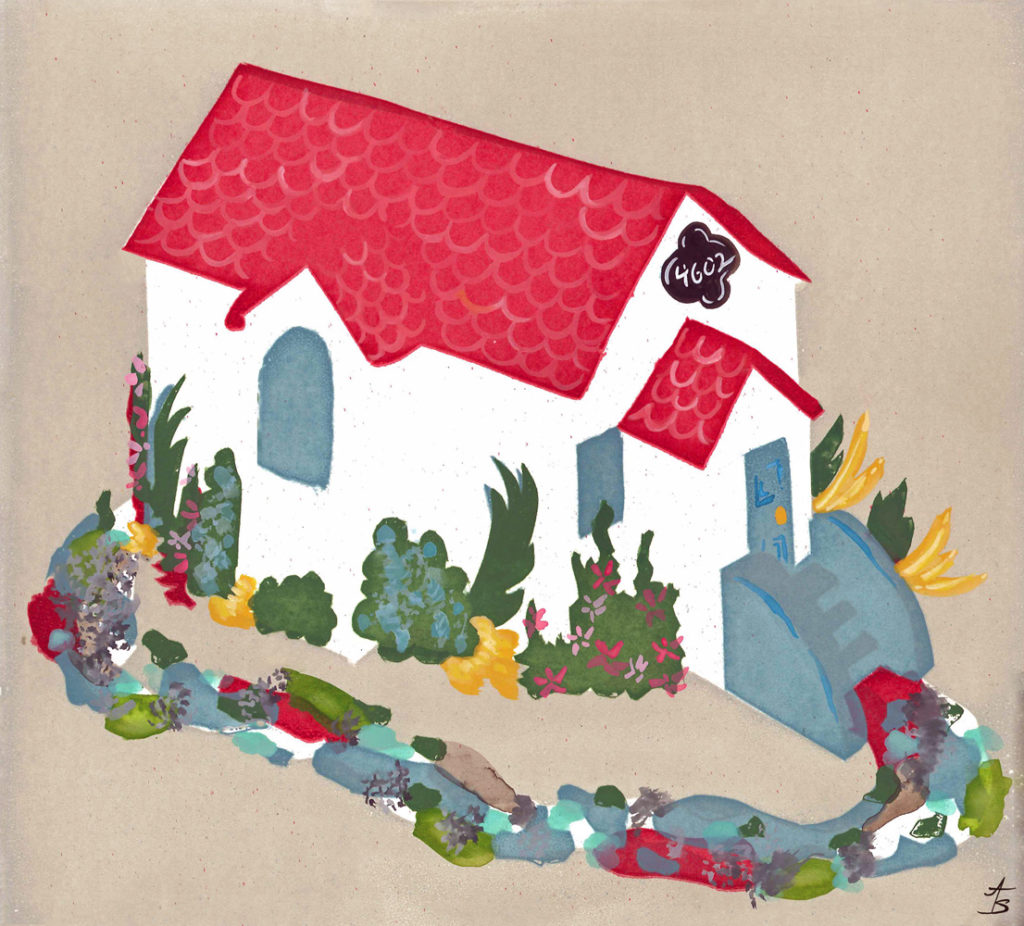Dadaab Refugee Camp
My name is Abshiro Abdille. I grew up in the Dadaab refugee camps in Kenya after my family fled Somalia during the civil war in 1991. Growing up in Dadaab was hard. The temperature sometimes reached forty Celsius and we walked more than five kilometres to and from school, passing burning dumpsters that reeked of goat manure and then through the public market that smelled of fresh mangoes and bananas, which only made us more hungry. At times it was unbearable. But my parents were hard-working and resilient people. They put up with many difficulties to send me and my three older sisters and brother to school because education was what kept us busy and eventually paved our way out of the camps.
These students had hopes higher than the mountains and so did I.
One year after my high school graduation, I applied for a scholarship through the World University Service of Canada (WUSC), a Canadian non-profit organization that sponsors a number of high school graduates from Dadaab each year. In the camps, it was common to visit the notice board, which was the main news post, to see who was accepted for this scholarship or other resettlement opportunities. Students in their blue and white school uniforms would line up to check for any opportunity posted. These students had hopes higher than the mountains and so did I. The scholarship application would take eighteen months and acceptance would depend on grades, an exam and a series of interviews. I prepared myself for a process that would determine my fate in the refugee camp.
During that time, I worked at the UN High Commissioner for Refugees centre as a Somali-English interpreter, helping people access the necessary legal procedures to register as refugees. In the evenings after work, I taught young girls English and mathematics. I have always been ambitious!
One morning, while I was sleeping, my father came into my room.
“Wake up my dear,” he said, gently rubbing my head.
“It is Saturday father, I have no work.” I turned to the other side of the bed.
“It is not about work. I have good news for you.”
I uncovered my face and turned to my father. “What is it? You look so excited!”
“I am sending you to Nairobi to stay with your sister,” my father explained. “You are going to study for your scholarship interviews and exams. You must promise me that you will study hard and do well in those classes. I am not sending you to have fun. Remember that!”
“Yes, Father. I will do as you say,” I replied in a quiet, calm voice.
“Okay, now get up and help your mother with the chores,” he said.
I gave him the biggest hug I could and said, “Thank you, Father. You are the best.”
Later that day, I planned my trip to Nairobi and made a to-do list. I also told the news to my best friend, Deqo. It was a dream come true; my first journey out of the camps in nearly twenty years. No one seemed happier than me that day. My brother booked my bus ticket and I was set to leave for Nairobi the next morning.
That evening, I sat down under the shade of the neem tree. The beauty of summer was in full bloom and I enjoyed the sweet scents of the sedge. I looked at the sun setting and the few clouds across the horizon, my mind lost in deep thoughts of appreciation. And yet, I felt as if I were saying goodbye. When I heard footsteps approaching, I turned to see Deqo.
“What are you doing here?” Deqo asked as she sat beside me.
“Just watching the sunset,” I replied
“Manka, I know you. What’s the matter?” She called me Manka, which later became my nickname.
“I am not feeling good about this trip,” I told her. “What if I fail in those classes and never get to leave this camp? What if my father falls ill and I am in the middle of exams?” I said.
“What if I fail in those classes and never get to leave this camp?”
“This is a trip of a lifetime, Manka, and I am not going to let your negative thoughts question that,” she said. “Now let’s go inside and have dinner. It is also prayer time.” We held hands and exchanged glances as we walked together towards the compound.
Nairobi
After a few months, I became used to life in the city with my sister, Ardo. I was studying hard and no longer worried about failing. But one morning, I woke early to make coffee. With my mug in hand, I stepped out onto the balcony to inhale the fresh morning air. It was a cold autumn day and between the high-rise buildings I could see aeroplanes landing and taking off at Jomo Kenyatta Airport. I thought about what my journey to Canada would be like if I got accepted into the scholarship program. I was lost in that thought when I heard the phone ring. Through the balcony doors, I saw my sister pick it up.
“Salaam Hooyo,” she said. (Hooyo means Mom/mother in Somali.)
Suddenly, everything moved in slow motion. I saw coffee splash as the cup dropped out of Ardo’s hand. Tears rolled down her cheeks. Her mouth opened wide and she began to scream. I rushed into the kitchen as the phone also fell from my sister’s hand.
“What did Hooyo say?” I asked her.
I picked up the phone. “Hooyo, Hooyo, are you there?” No reply. In a panic, I turned to my sister and grabbed her by the shoulders. “What did Hooyo tell you? What happened?”
In a very low, soft voice, she said, “Dad is in the hospital. He is in a coma.”
The realization that we were a twelve-hour drive from the camp hit me like a hard punch in the belly. We had only one hour to catch the next bus to Garissa, the nearest town to Dadaab, yet ninety kilometres from our camp. Ardo and I grabbed a few belongings and rushed to the bus station. We bought our tickets and started the most memorable journey of my life. We reached Garissa at four o’clock but still had no way to get to Dadaab. Ardo said we would have to spend the night in Garissa.
“We have no other option,” she said. “There are no buses leaving for the camps until tomorrow morning.”
“We must find a way,” I told her. With my father’s health worsening by the minute, I could not stop the thought of losing him.
After five hours of waiting, we saw two lorries on the other side of the bus station. We decided to ask the drivers to take us to the camps.
“Hello? Where are you heading? Are you going to the camps?” asked my sister.
“I am leaving in twenty minutes,” said one of the drivers. “But this is not a passenger vehicle.”
“Our father is ill and we are not sure if we have enough time to see him again. Please help us,” Ardo pleaded.
Finally, after a long negotiation, he agreed and we set off late in the evening. Three hours later, the truck got stuck in a mud hole. Due to poor road conditions, travelling in the rainy season is always hard. As we struggled to get the truck free, we heard a roar in the distance.
“Ladies, that is a lion,” said Ali, our driver.
Luckily, we were soon pulled out of the mud hole by another truck. As we continued our journey, the gigantic animal stood in the middle of the road. Ali quickly turned the headlights off and on until the lion fled.
Two nights later, I lost my father to cancer and my life was never the same.
Within an hour we reached home safely. It was a great relief to see my father but deep down, I felt guilty for being away. Two nights later, I lost my father to cancer and my life was never the same. I began to work even harder to get the scholarship and to honour my father’s hope of sending me to university abroad. Five months after that memorable journey back to the camps, I was accepted into the WUSC program and began making plans for a new journey to Canada.
I recently graduated from Mount Saint Vincent University with a Bachelor of Arts and have a job in a field that I am passionate about: immigrant programs with the YMCA. With all of my family now living in Canada, life is much better. What I have accomplished has been with the help of my family, especially my parents. Life has tested me in so many ways I cannot even count but I’m thankful that, for me, it has turned out well. My hope and prayers are with those who still live in the camps, either in Dadaab or elsewhere in the world.




